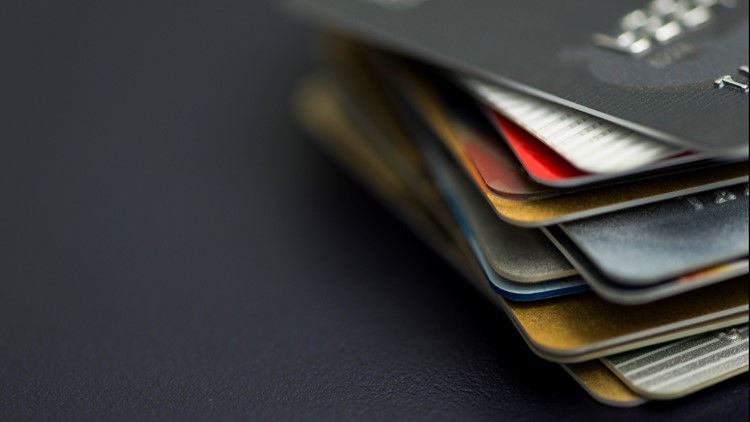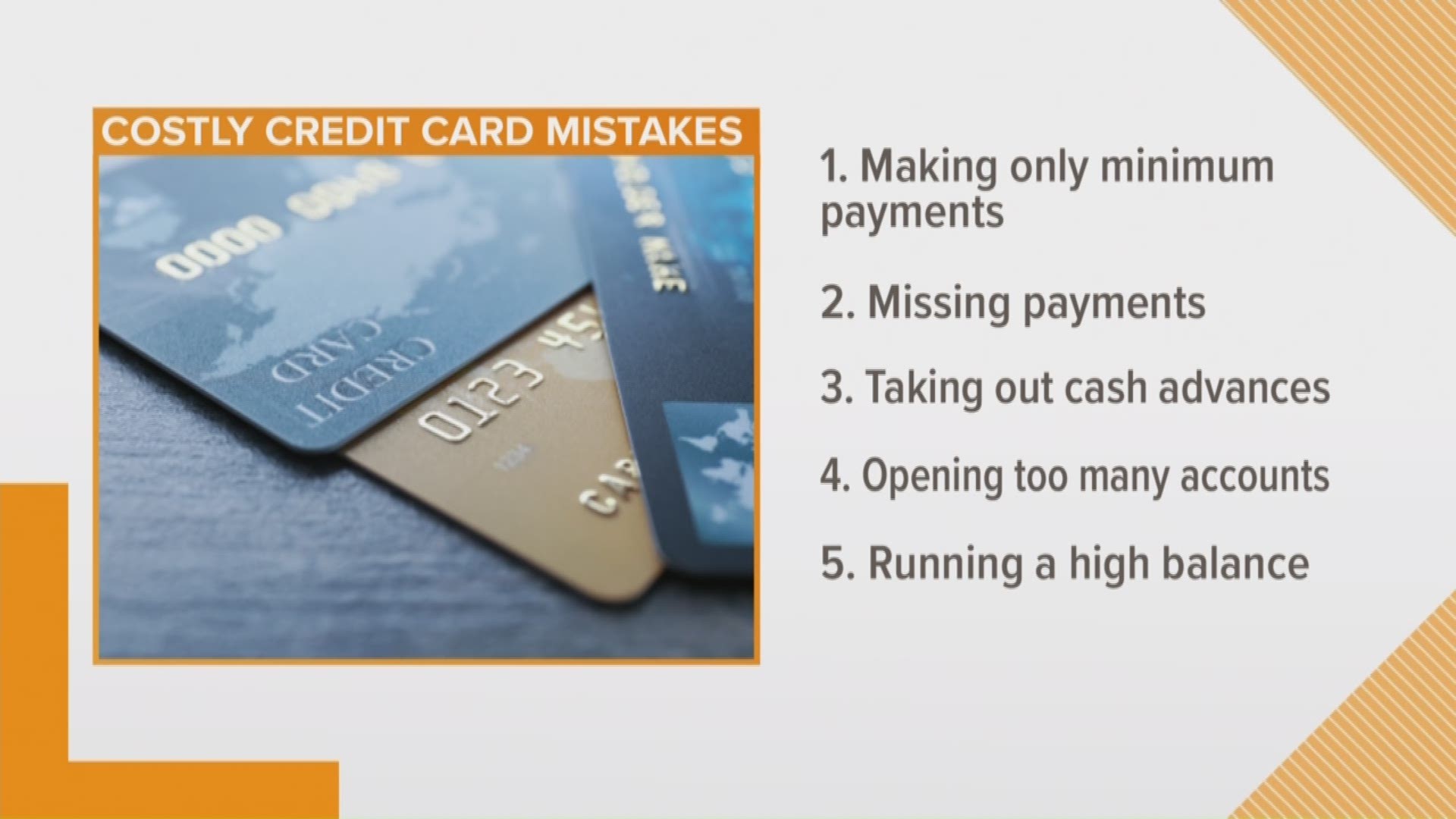Whether they are helping or hurting you, but credit scores are a part of life. They can help you reach some major milestones in life, like buying a car, buying a house, or even getting a loan to start a business. So what exactly are credit scores, and what are some of the misconceptions about them?
Nathan Grant, an analyst for Credit Card Insider, says there are several thing people think they know about credit scores, that are actually incorrect.
"Credit scores are numbers that center around trust," Grant explained. "The scores measure how risky you are, how risky you are as a borrower of money -- so, it measures what is called your credit worthiness. And that basically boils down to how much financial institutions should trust you."
We don't have just one credit score.
Many people don't realize that you have dozens of credit scores, each with a slightly different scoring model. The big three, Equifax, Experian, and TransUnion are the main credit bureaus that banks and others look at, but they are not necessarily exactly the same. The higher your score, the more likely lenders will provide you with loans and credit, and the better interest rates, fewer fees, and more extras.
Income doesn't have an impact on your credit scores.
While 61% of the people surveyed by Credit Card Insider thought income has a role in your credit score, it actually doesn't do anything. Credit scores are based on other factors, your income isn't included in it at all. Someone with less income could be making better financial decisions, and be better at paying off debts than someone making more money. That is what credit scores look at.
Choosing "credit" when using a debit card, doesn't actually build credit.
You have to use an actual credit card to start that process. Using a debit card, even when choosing "credit" doesn't show you paying off your credit card bills, or create a higher credit utilization ratio.
Closing a credit card is not good for your credit scores.
That's because of the credit utilization ratio. That ratio looks at the amount of credit you have and compares it to the amount of credit you are using. If you have three credit cards, each with a $5,000 limit, you have a total of $15,000 in credit available to you. If you are only using $5,000 of what is available to you, that's a ratio of 1:3. If you close one of those cards, but are still using that $5,000 in credit, your ratio is 1:2, which isn't as good at 1:3. So, really, closing a credit card can actually hurt you.
That said, if you are the type of person who would be tempted to use the card, or has a tendency to max out cards because they are available, you may want to close out an account. You might also want to close an account that has annual fees or things like that.
What is a good credit score?
Both VantageScore and FICO Score use a range from 300 to 850 to show your credit worthiness, or your score. While every score doesn't use the same model, it's universal that the higher your score, the better.
RELATED VIDEO:
►Make it easy to keep up to date with more stories like this. Download the 13 ON YOUR SIDE app now.
Have a news tip? Email news@13onyourside.com, visit our Facebook page or Twitter.




